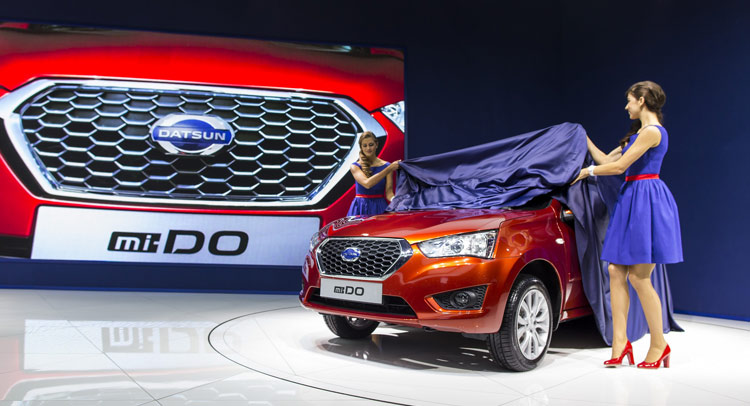Each region of the world has its own specific car safety rating system. The main difference is the level of safety (or lack of it) that they allow a car to have in order to be deemed production-ready.
China made headlines nearly a decade ago as its automotive offerings were appalling, disappearing into a cloud of dust in impacts where Euro cars didn’t even bend an A-pillar…
China has come a long way very quickly and its domestic cars are nearly comparable to the rest of the modern world’s industry. India is now suffering as a direct result of non-stringent safety regulations, and the country still sells plenty of cars that are, well, death traps by modern standards – think Datsun Go.
Thus, Global NCAP has just announced its ambition to democratize safety ratings across the world by the year 2020.
Its chairman, Max Mosley, said “Safety improvements stimulated by legislation and consumer awareness campaigns in high income economies that have saved hundreds of thousands of lives are not yet systematically available for drivers and their families in rapidly growing lower income markets.”
He adds that “for example, crash test standards introduced twenty years ago for cars sold in Europe, are yet to be met by many new cars, and even brand new models, being sold today in leading middle income countries in Africa, Asia, and Latin America. This is entirely unacceptable. Manufacturers cannot continue to treat millions of their customers as second class citizens when it comes to life saving standards of occupant protection.”
The organization shows off a list of recommendations for all UN member states in order to increase their safety standards in two stages, in order to meet the 2020 deadline.
The list deals with stuff like how bulk deals for fleet purchasers could be a way to rapidly improve the standard, or governments and insurance companies’ duty to provide incentives to encourage the shift.
Extra laboratory capacity for testing is also needed in some instances, but most importantly “the automobile manufacturers should make a voluntary commitment to apply front and side impact crash test standards,” and should “cease the practice of de-specification and bundling of safety features.”
You can check out the full article over at the official Global NCAP portal, as well as an older video posted below.



